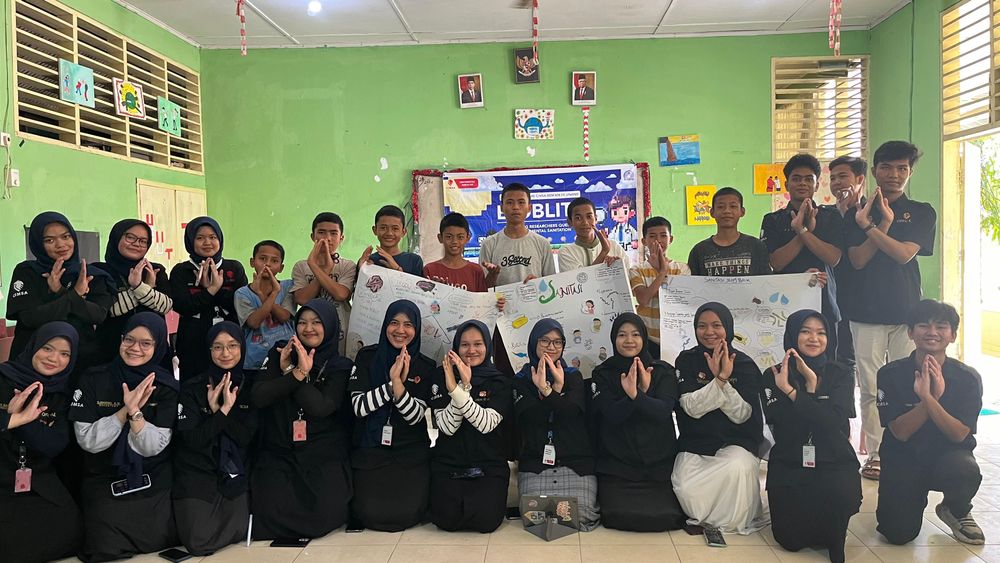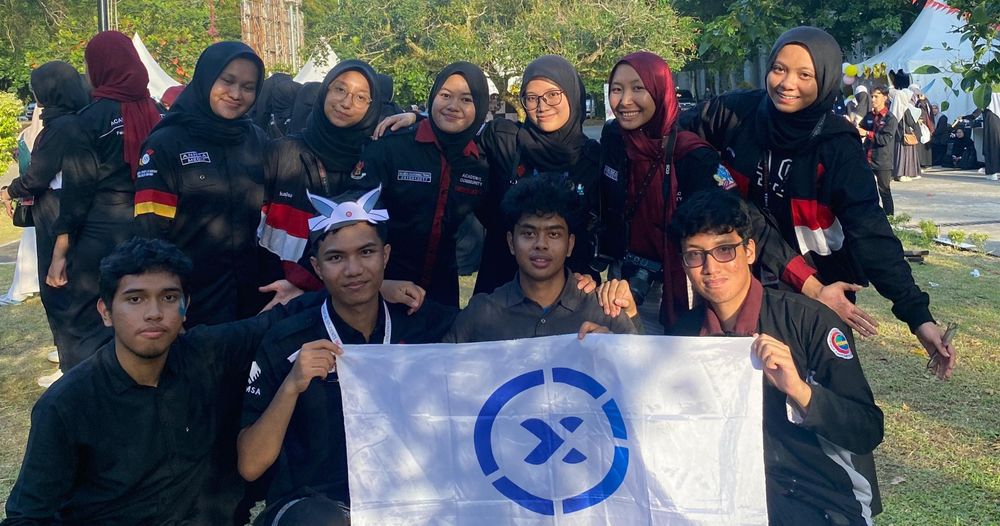SCORE
The Standing Committee on Research Exchange (SCORE) is one of the six standing committees within CIMSA and IFMSA. SCORE was established in 1991 under the name "Standing Committee on Electives Exchanges" and was later renamed SCORE in 1998. It was founded with the goal of providing medical students with opportunities to enhance their research-related skills through research-based student exchange programs. In addition, SCORE actively contributes to research education through various campaigns and capacity-building activities, as well as the implementation of policies related to Access to Research, Research Education, and Open Science. Currently, SCORE operates in more than 80 countries, offering over 1,500 research projects to more than 3,000 medical students annually. The exchange program offered by SCORE is a student-driven, volunteer-coordinated initiative within each National Member Organization (NMO). At the international level within IFMSA, SCORE is managed by the SCORE Director, alongside the SCORE International Team. At the national level, SCORE is led by the National Officer on Research Exchange (NORE), while at the local level, it is managed by the Local Officer on Research Exchange (LORE), who oversees SCORE activities at universities, also known as Local Committees on Research Exchange (LCRE). NORE, together with the National Committee on Research Exchange (NCRE), supports and supervises the sustainability of local activities and is responsible for SCORE's national operations. Currently, SCORE CIMSA has 14 active local committees spread across Sumatra and Java. SCORE CIMSA has a structured guide for both its members and exchange participants, known as SCOREDARE. Additionally, SCORE CIMSA publishes a periodic journal called SCOREVIEW, which serves as a platform for information and research exchange among its members. Through these efforts, SCORE aims to expand its activities and inspire local stakeholders to further develop SCORE at the local level.
Area of Focus
- Research Exchange
- Research Promotion
- Exchange Promotion
- Research Activities
VISION


MISSION
RECENT
ACTIVITIES
SCORE Goes Public - Observing Risk Factors in Children’s Asthma (SGP-ORCA)
16 March 2025
SGP-ORCA (SCORE Goes Public - Observing Risk Factors in Children’s Asthma) is a research project by SCORE CIMSA-BEM KM FK Unand aimed at identifying risk factors for childhood asthma while enhancing research skills among its members. Given the high prevalence of asthma in West Sumatra, particularly in Padang, this study targeted first and second-grade students at SDN 02 Cupak Tangah using the International Study of Asthma and Allergies in Childhood (ISAAC) questionnaire. The project included pre-activity training on asthma and SPSS software (September 8, 2024), the main activity of distributing validated questionnaires and conducting interactive role-plays (September 27, 2024), and post-activity data analysis (October 12, 2024). The findings showed no significant correlation between risk factors and childhood asthma cases, likely due to the small sample size, with only two non-acute asthma cases out of 35 respondents. These results highlight the need for further research with a larger sample to better assess asthma prevalence in Padang, particularly in the Puskesmas Pauh area
Read More
UPCOMING
ACTIVITIES
There is no upcoming activities :(

